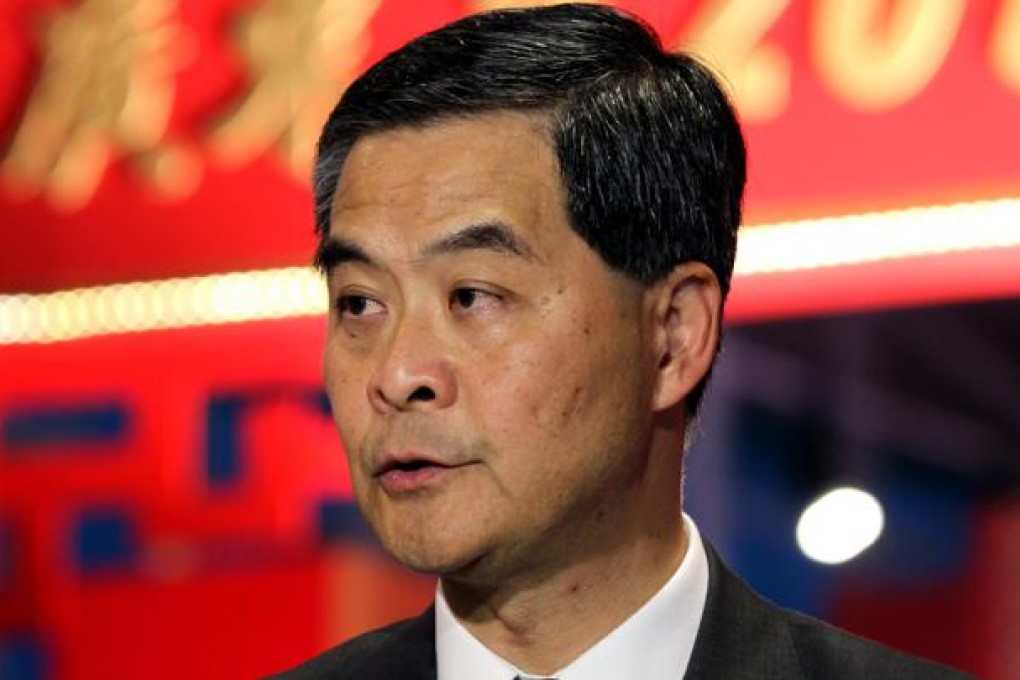Hong Kong deputy floated idea of screening mechanism for chief executive poll
Media storm over a possible screening mechanism broke out after remarks were attributed to someone said to represent Beijing’s views

The storm over whether a screening mechanism should be set up to bar candidates not acceptable to Beijing from running in the 2017 chief executive election started quietly at a lunch hosted in Beijing by a veteran Hong Kong deputy to the National People's Congress on Saturday.
At the off-the-record gathering the deputy floated the view that the nominating committee which puts forward chief executive candidates for a popular vote could hold an internal vote to shortlist which candidates to put forward.
This could serve the purpose of filtering candidates the central government deemed unacceptable, the deputy said, offering a personal interpretation of Article 45, the relevant clause in the Basic Law.
The row broke out after Ming Pao Daily quoted the remarks on Sunday, attributing them to "an authoritative person close to the central government" and sparking speculation that the deputy was representing the views of the central government or testing the water for it. The lunch was said to be an off-the-record gathering and it was stressed that it was the deputy's personal interpretation of the Basic Law.
Politicians across the spectrum lined up to comment on the screening mechanism which was seen as a way to guarantee that the future chief executive would come from "patriotic forces".
It increased pressure on the Leung Chun-ying administration which has yet to launch a consultation on the 2017 electoral system. Leung's defeated rival, Henry Tang Ying-yen, elected yesterday as a member of the Chinese People's Political Consultative Conference standing committee, lost no time in adding to the pressure, calling for a consultation on the election as soon as possible.
But when asked whether he agreed with a screening mechanism, the former chief secretary said it was too early to talk about the detailed proposal.